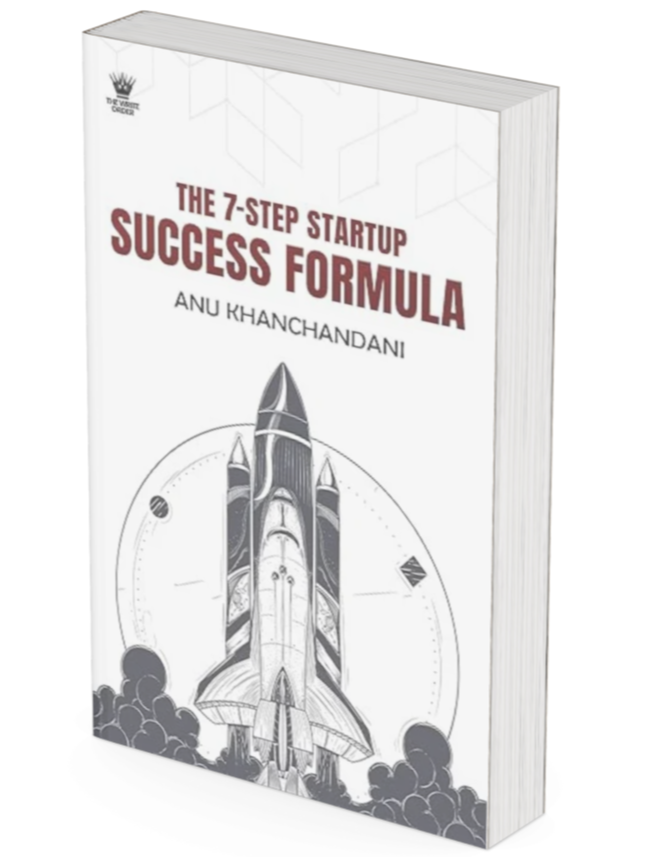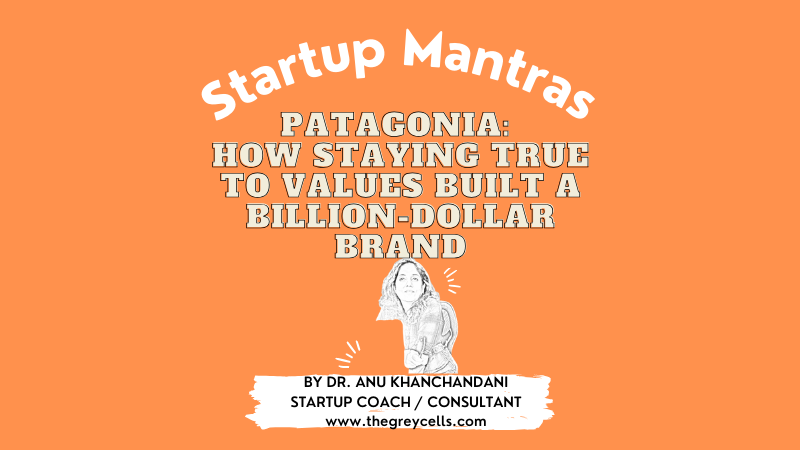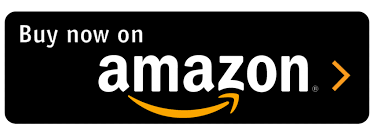
THE 7-STEP STARTUP SUCCESS FORMULA - DR. ANU KHANCHANDANI
Every entrepreneur’s journey is a mix of failures and successes. The probability of failure is higher, however, there is a way to grow and keep growing until you build a successful startup. This book is one such guide to help you with 7 formulas for your success.
Transcript
You know, most businesses are obsessed with profit at any cost. But here’s a question—what if you focused on something bigger than profit? What if you built a company where values came first, and the money followed? That’s exactly what Patagonia did. And today, they’re not just a billion-dollar brand—they’re one of the most admired companies in the world.
In this episode, I want to take you into Patagonia’s story—how they built a business that stayed true to its values, made bold decisions, and still managed to grow massively. And trust me, there are lessons here for every founder.
[Part 1: Patagonia’s Beginnings]
🎙️
Let’s start at the beginning. Patagonia wasn’t always the global brand we know today. It began with Yvon Chouinard, a climber who wanted better gear for himself and his friends. He wasn’t trying to build a company; he was solving a problem. And the problem was that traditional climbing equipment was damaging the environment.
So, Yvon started making reusable climbing gear in his backyard. It wasn’t flashy—it was practical, durable, and better for the planet. That philosophy of creating something sustainable, something that lasts, has been a constant for Patagonia ever since.
But here’s the kicker: Yvon didn’t see business as just a way to make money. He believed it could be a tool for good. And that belief shaped every decision Patagonia made.
[Part 2: The Bold Moves That Defined Patagonia]
🎙️
Okay, let’s talk about some of the bold moves that really set Patagonia apart. These are the decisions that made them more than just a clothing company—they turned them into a brand people deeply connect with.
The first one has to be their famous ‘Don’t Buy This Jacket’ campaign. Imagine running an ad that tells people NOT to buy your product. Sounds insane, right? But that’s what Patagonia did. In 2011, they put out an ad on Black Friday, of all days, asking customers to rethink whether they actually needed a new jacket.
The point wasn’t to discourage sales—it was to start a conversation about overconsumption and its impact on the environment. And you know what happened? Sales went up by 30%. Why? Because people trusted them. They saw a company willing to sacrifice short-term profit to stand by its values.
🎙️
The second bold move was their Worn Wear program. Instead of pushing people to buy new gear, Patagonia encouraged customers to repair and resell their used items. Think about that—it’s the complete opposite of what most businesses would do. But it worked. It reinforced their brand values and built insane loyalty among their customers.
[Part 3: Lessons for Founders]
🎙️
So, what can we, as founders, learn from Patagonia? Here’s what stood out to me.
First, when you stay true to your values, people notice. Customers today aren’t just buying products—they’re buying into the story and mission behind them. If you can stand for something bigger than just making money, you’ll build a connection that lasts.
Second, purpose doesn’t mean you have to sacrifice profit. Patagonia proves that when you align your values with your business strategy, the two actually reinforce each other. Customers trust you, and that trust drives sales.
And finally, don’t be afraid to make bold decisions. Whether it’s a campaign like ‘Don’t Buy This Jacket’ or creating a program that prioritizes sustainability, these moves set you apart in a crowded market. It’s not about being reckless—it’s about being intentional and staying aligned with your mission.
[Conclusion: The Takeaway]
🎙️
Patagonia’s story is a reminder that business isn’t just about what you sell—it’s about what you stand for. And when you lead with purpose, when you make bold decisions that align with your values, you don’t just build a brand—you build a legacy.
So, here’s my question for you: What does your business stand for? And how can you use that to not just grow, but to create real impact?
Thanks for tuning in, and if you enjoyed this episode, share it with someone who needs to hear it. Until next time, stay true to your mission.
How to Validate Your Startup Idea
|
|
Thank you for Signing Up |



With over two decades of experience in the software technology arena, having worked in multinational and SME companies in India, USA and Singapore in the capacity of programmer to CTO – I felt now was a good time to give back to the world what I have learnt in this journey. Even if it ends up benefitting a few of my readers by giving them insight or solving a technical issue, I think I will have achieved my mission!




